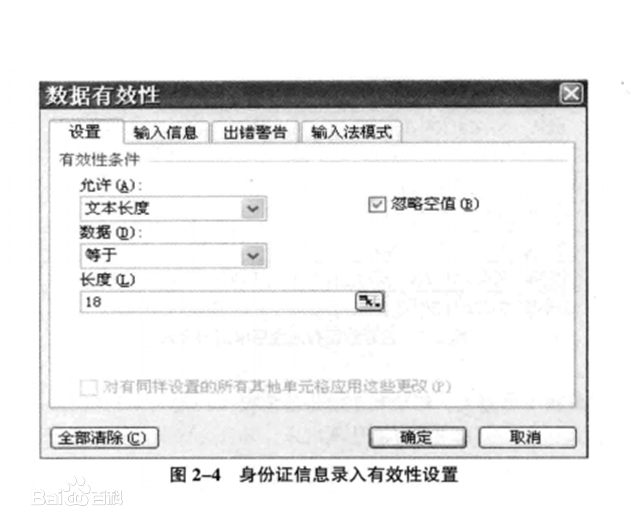It is indisputable that physical activity is vital for an individual's health and wellness. However, a global prevalence of physical inactivity has induced significant personal and socioeconomic implications. In recent years, a significant amount of work has showcased the capabilities of self-tracking technology to create positive health behavior change. This work is motivated by the potential of personalized and adaptive goal-setting techniques in encouraging physical activity via self-tracking. To this end, we propose UBIWEAR, an end-to-end framework for intelligent physical activity prediction, with the ultimate goal to empower data-driven goal-setting interventions. To achieve this, we experiment with numerous machine learning and deep learning paradigms as a robust benchmark for physical activity prediction tasks. To train our models, we utilize, "MyHeart Counts", an open, large-scale dataset collected in-the-wild from thousands of users. We also propose a prescriptive framework for self-tracking aggregated data preprocessing, to facilitate data wrangling of real-world, noisy data. Our best model achieves a MAE of 1087 steps, 65% lower than the state of the art in terms of absolute error, proving the feasibility of the physical activity prediction task, and paving the way for future research.
翻译:不容置疑的是,体育活动对于个人的健康和健康至关重要。然而,全球普遍存在的缺乏体育活动已引起重大的个人和社会经济影响。近年来,大量工作展示了自我跟踪技术的能力,以创造积极的健康行为变化。这项工作的动机是个人化和适应性的目标设定技术在通过自我跟踪鼓励体育活动方面的潜力。为此,我们提议UBIWEAR,这是一个智能物理活动预测的端到端框架,最终目标是增强数据驱动的目标制定干预措施。为此,我们试验了许多机器学习和深层次学习模式,以此作为物理活动预测任务的坚实基准。为了培训我们的模型,我们使用了从成千上万用户那里收集的公开、大规模数据集。我们还提议了一个自我跟踪综合数据预处理的规范性框架,以促进真实世界、噪音数据数据的纠结。我们的最佳模型取得了1087个步骤的MAE,比实际活动预测的状态低65 %。从绝对错误的角度来证明物理活动的可行性。



